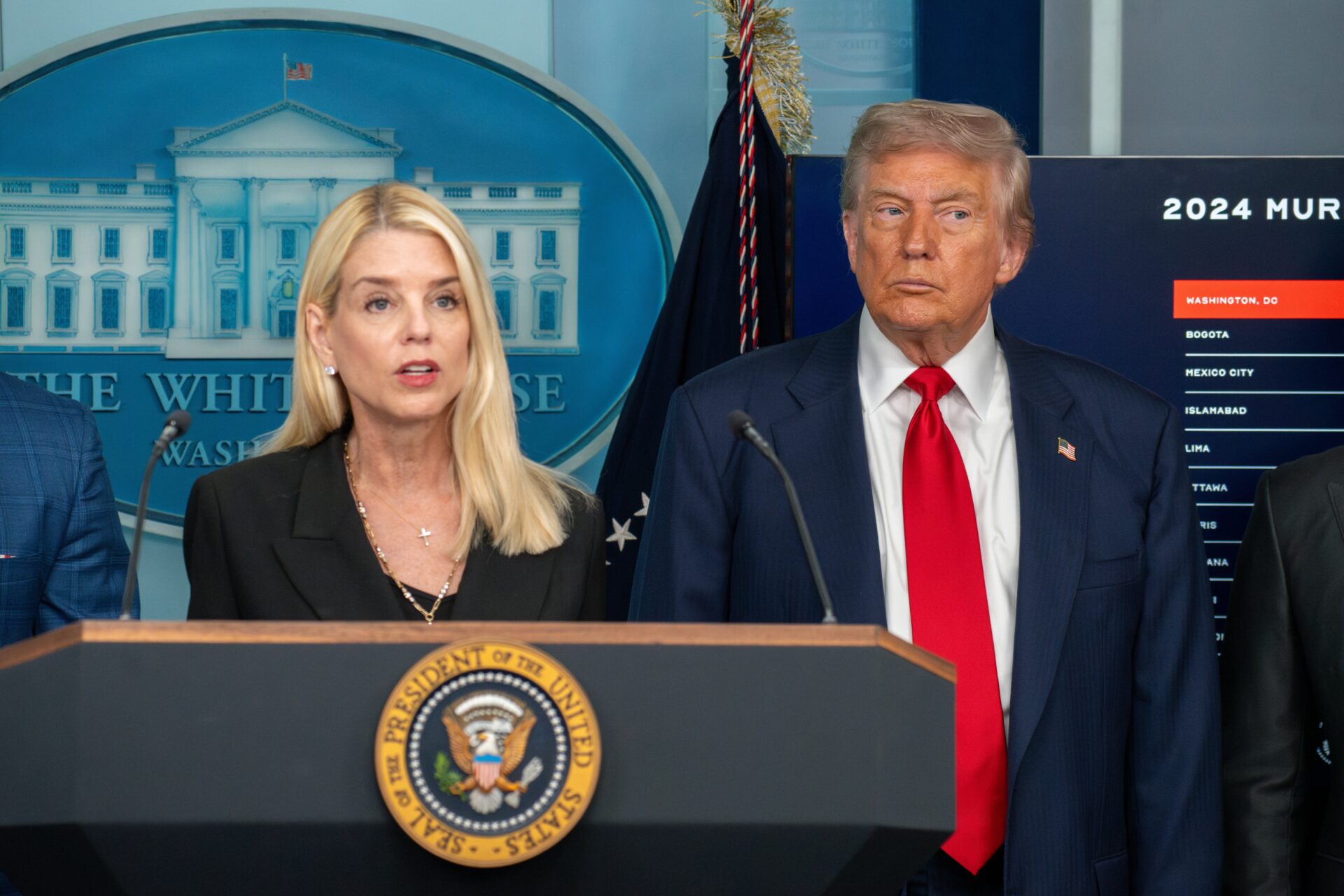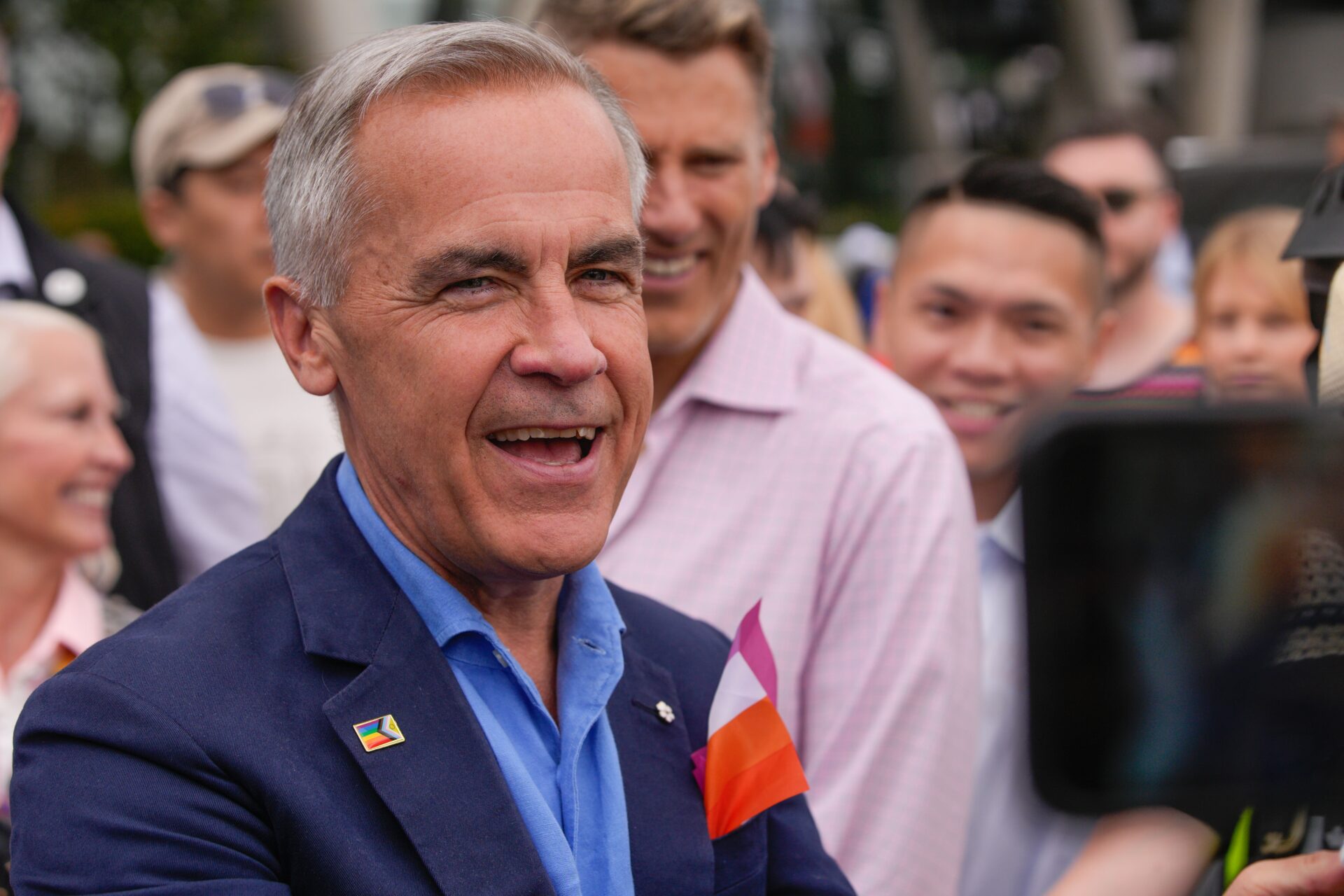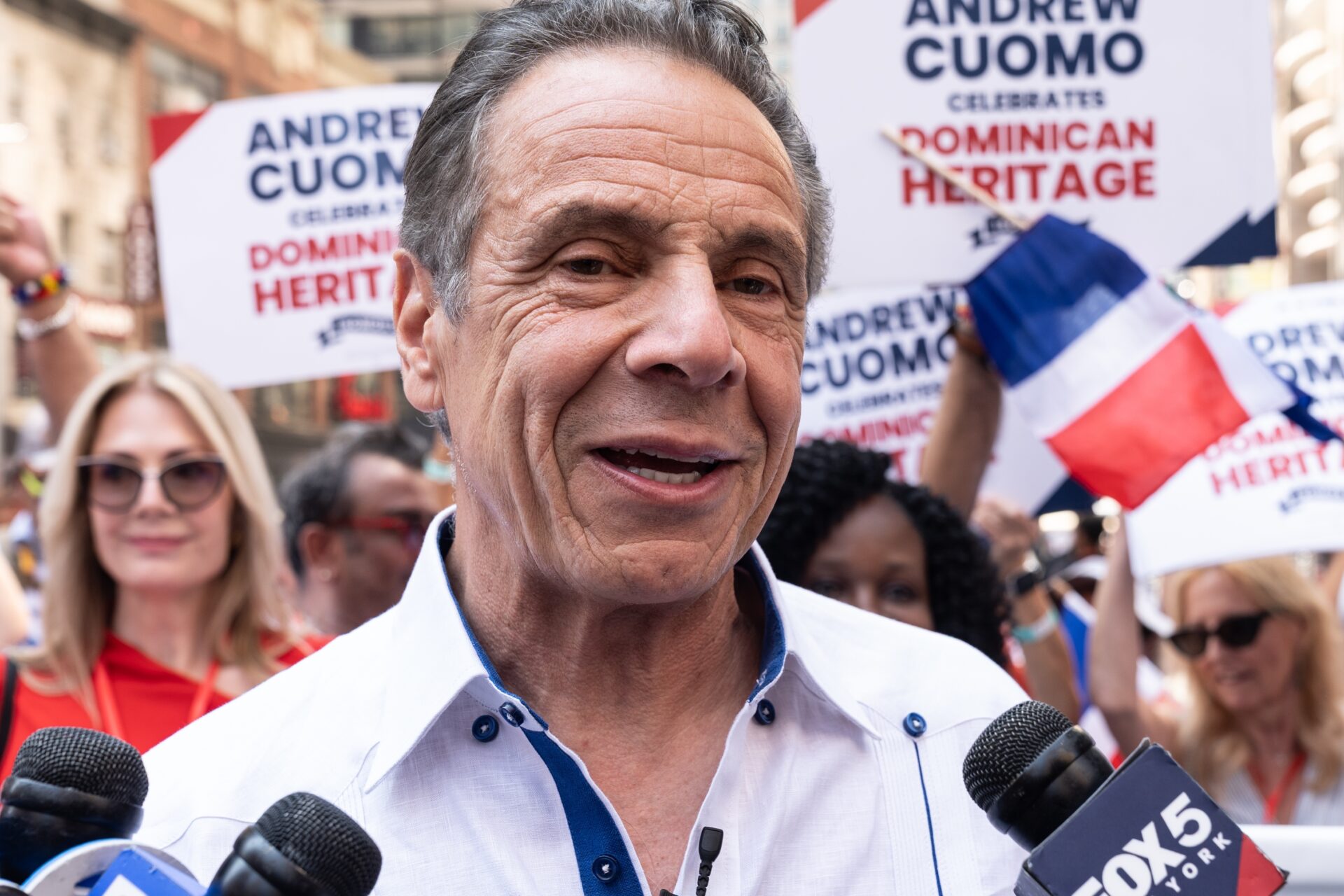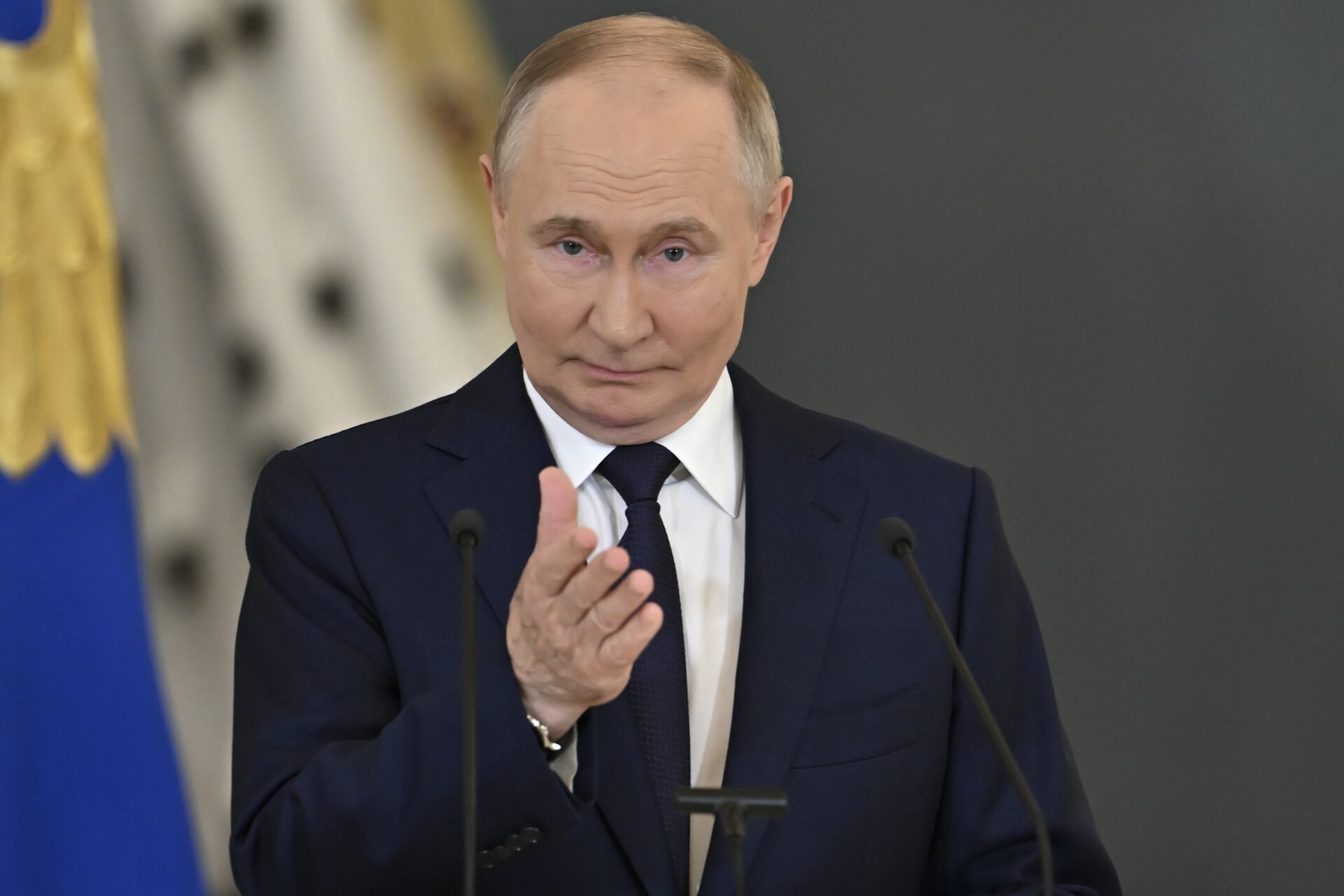
DOJ Power Players GO UNDER OATH!
Attorney General Pam Bondi and FBI Director Kash Patel will testify before the House Judiciary Committee as lawmakers intensify oversight of the Department of Justice’s handling of documents tied to Jeffrey Epstein.
At a Glance
- Pam Bondi is scheduled to testify on October 9 before the House Judiciary Committee.
- FBI Director Kash Patel will appear earlier, on September 17.
- The Justice Department has begun releasing Epstein-related files under congressional pressure.
- Former U.S. Attorney Alex Acosta will give a transcribed interview on September 19.
- Lawmakers are examining how the DOJ managed materials connected to Epstein’s prior legal proceedings.
Congressional Oversight Intensifies
The House Judiciary Committee is escalating its investigation into the Department of Justice by compelling testimony from two of its top officials. Attorney General Pam Bondi will appear before the panel on October 9, following the earlier testimony of FBI Director Kash Patel on September 17. The committee is expected to focus on the department’s management of documents tied to Jeffrey Epstein, the financier who faced federal sex trafficking charges before his death in 2019.
The committee’s inquiry comes amid growing concerns that the DOJ withheld or delayed the release of certain files. Under mounting pressure, the department has begun producing some of the documents requested, though lawmakers have signaled that they consider the releases incomplete. Members of the committee have indicated that they intend to probe whether decision-making inside the department obstructed transparency about Epstein’s past prosecutions and associated legal arrangements.
Watch now: ‘Was Jeffrey Epstein killed?’ Sen. Kennedy presses Kash Patel … · YouTube
Spotlight on Past Prosecutions
In addition to Bondi and Patel, the Judiciary Committee will hear from former U.S. Attorney Alex Acosta in a closed-door transcribed interview scheduled for September 19. Acosta previously oversaw the 2008 non-prosecution agreement with Epstein in Florida, a deal that has been widely criticized for its leniency. Lawmakers are expected to revisit how that agreement was negotiated, and whether political or institutional considerations influenced the outcome.
The release of Epstein-related records has reignited public interest in Acosta’s decisions and the broader oversight of prosecutorial discretion. Committee members have underscored the need to assess whether institutional practices at the time shielded Epstein and his associates from accountability. Acosta’s testimony is anticipated to clarify his role in the plea negotiations and to provide additional context for how federal prosecutors approached the case.
Transparency and Accountability at Stake
The testimony of current DOJ leaders is viewed as a test of the department’s commitment to transparency in high-profile cases. The Judiciary Committee has framed the hearings as an effort to establish accountability for how sensitive cases involving powerful individuals are managed. By calling Bondi and Patel, lawmakers are signaling that both prosecutorial and investigative leadership will be scrutinized for their roles in releasing, or withholding, information.
While the committee has not yet disclosed the scope of questioning, analysts expect that members will seek to determine whether internal DOJ policies were applied consistently in handling Epstein-related files. The hearings are also likely to explore how federal law enforcement balances confidentiality with public interest when dealing with cases of national significance. The outcomes of these sessions could influence future legislative proposals aimed at increasing oversight of the Justice Department.
Sources
The Sun
Politico
Los Angeles Times


